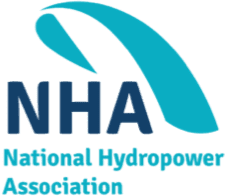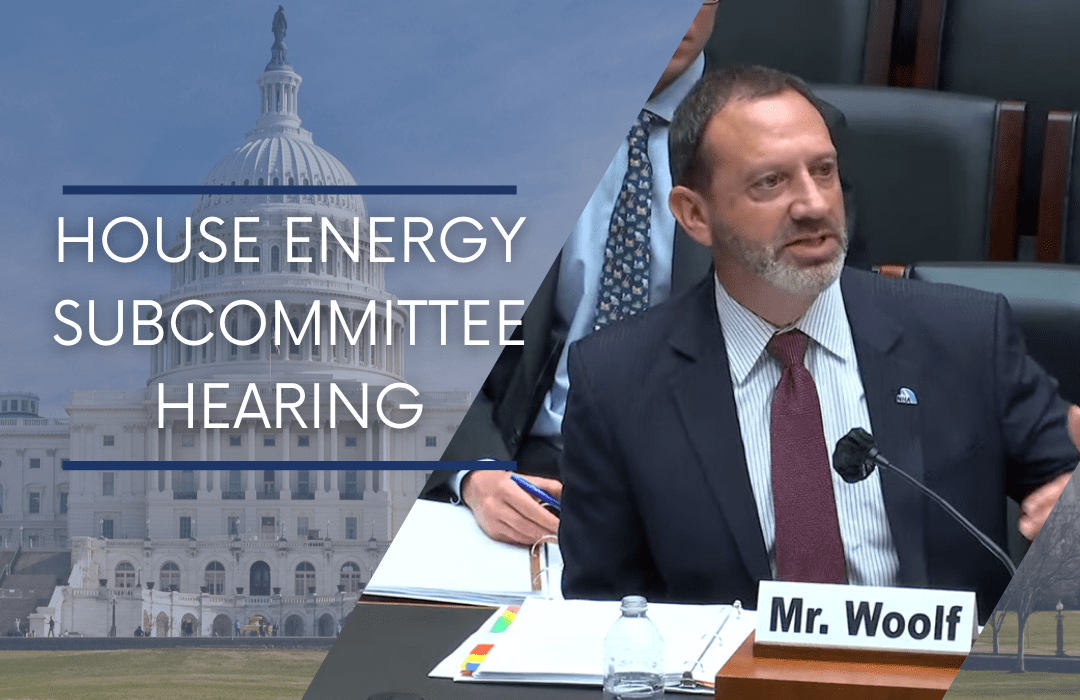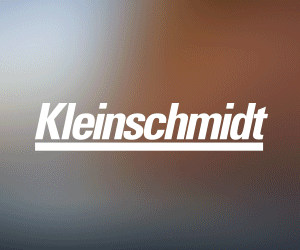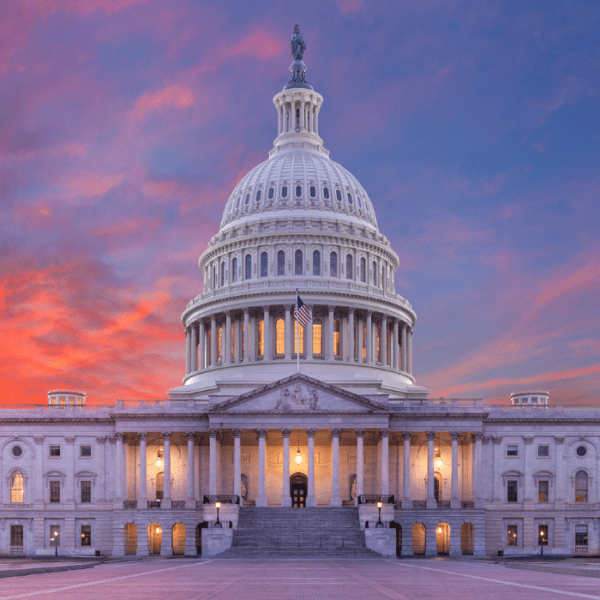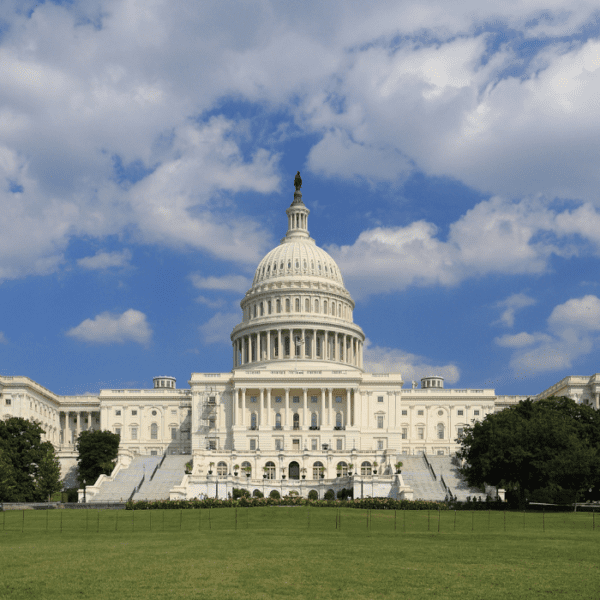Breaking Down the Hydropower Licensing Reforms
On Thursday, May 12, 2022, five stakeholders from the hydropower industry, tribal nations, and the conservation community convened in Washington D.C. to testify before the U.S. House of Representatives as part of The Subcommittee on Energy of the Committee on Energy and Commerce as part of the hearing entitled “Modernizing Hydropower: Licensing and Reforms for a Clean Energy Future.” Covered in the testimonial were proposals to improve the hydropower licensing, relicensing, and license surrender process.

The hearing also featured proposed amendments to the Federal Power Act, focusing on restoring autonomy and self-determination to Native American and Alaska Native communities, including authority over their lands and waters. In addition, the proposal package seeks to retain states’ decision-making jurisdiction, address climate change, enable more robust safeguards to protect rivers in the United States, streamline the process for adding hydropower generation to existing dams, and amend, as well as hasten, hydropower relicensing.
The legislative recommendations emerged as part of the Uncommon Dialogue – a series of discussions first facilitated by Stanford University in 2018 which brought together representatives from the hydropower industry, tribes, environmental groups, and regulatory branches. Since its conception, the Uncommon Dialogue has been an evolving conversation centered around restoring the United States’ rivers and strengthening hydropower growth.
The key element binding these groups together is the notion that there is power in compromise.
Tom Kiernan, CEO of American Rivers, elaborated on this concept during Thursday’s hearing: “The hydropower license reform package we are bringing to you today, as a collaboration, was born from the encouragement of this committee to seek common ground and find solutions. Our proposal is an extension of our shared goals – protecting rivers, strengthening tribal sovereignty, and generating renewable electricity that contributes to achieving a 21st century clean energy grid – this package is an integrated, holistic proposal that successfully creates common ground by bringing together the different perspectives of conservation, tribal, and industry constituency.”
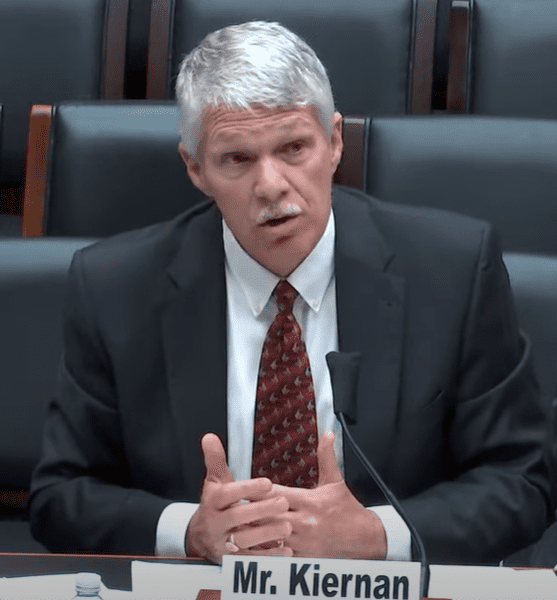
The Bipartisan Response
Much like the Uncommon Dialogue itself, the proposal garnered champions from both political parties. Democrat and Republican lawmakers alike expressed their support for hydropower’s clean energy benefits, as well as the license reform proposal submitted to the committee.
Addressing the stakeholders, Representative Paul Tonko (D-NY) said: “I want to commend the Uncommon Dialogue participants for finding agreement on this proposal. Last time this committee considered hydropower license reform it did not start from a place of broad stakeholder consensus, and I truly believe that, ultimately, it hurt the legislative process, as well as the final product. But these organizations have given us a strong foundation, and I hope they will continue to stand together and even expand the coalition as policy makers inevitably consider changes to the original proposal. Because hydropower is an incredibly important clean energy solution, one that has had strong bipartisan support on this committee, but like all energy infrastructure it needs to be developed and operated responsibly. An improved license process can indeed help ensure that.”
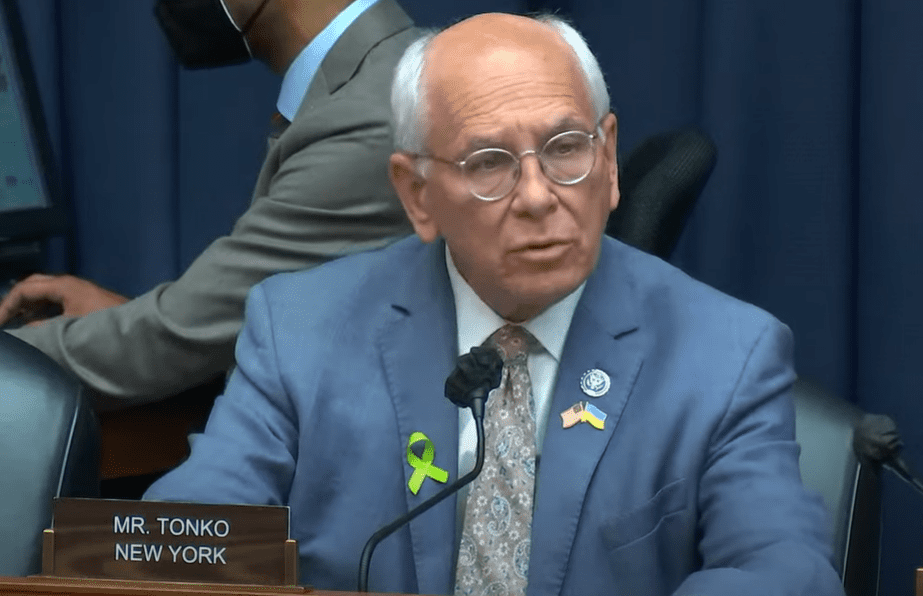
While on the other side of the aisle, Representative Greg Pence (R-IN) extolled the need for an expedited licensing process: “I would say to my peers across the aisle, come on, let’s figure out how to get this done and figure this out. You’re [Uncommon Dialogue participants] all doing a great job in working together, as Ms. Pavel [attorney for the Skokomish Tribe of Washington] said: I think we’ve ought to move on with this.”
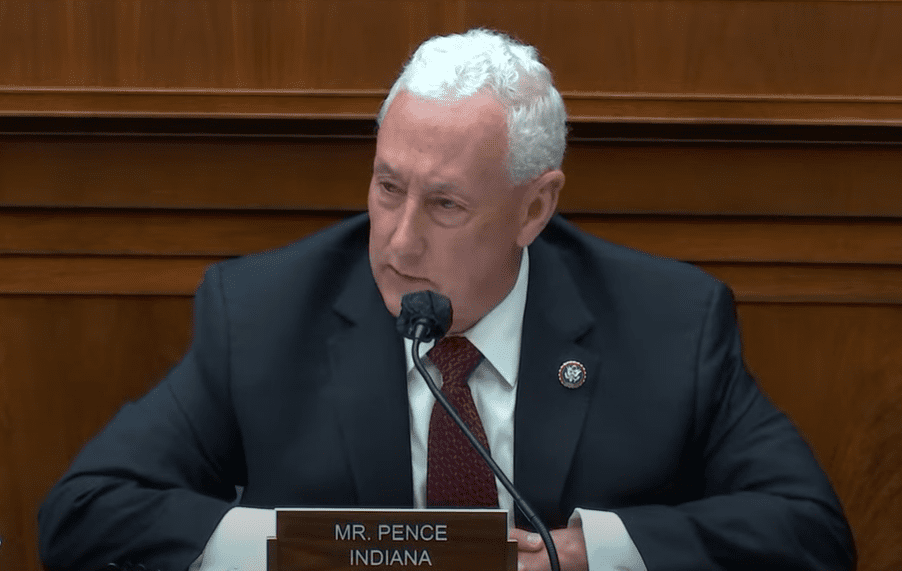
Understanding the Urgency
With the growing climate crisis and need for carbon-free renewable energy resources reaching a crescendo, time is of the essence. The reform package, which addresses several measures designed to hasten the licensing process, views expedition as a critical component in the United States achieving the renewable energy goals set by the Biden Administration.
Malcolm Woolf, president and CEO of the National Hydropower Association, addressed the demand for urgency: “Our nation is at a unique crest of a new wave of hydropower licensing and licensing surrenders. Roughly 30 percent of the non-federal fleet is up for [Federal Energy Regulatory Commission] relicensing by 2030. That number soars to 45 percent by 2035. With relicensing taking 7.6 years on average, the need for hydropower license reform has never been more urgent.”
Woolf, after questions regarding the addition of hydropower generation to existing dams, provided further detail into the licensing timeline for facilities, explaining that once a facility submitted its Notice of Inquiry, and the Federal Energy Regulatory Committee (FERC) approved, the process would be streamlined to two years from the moment the application is submitted.
The proposal, and by virtue the coalition, aim to designate FERC as the agency to lead hydroelectric license reviews, allowing them to establish both the scope and timeline for the review at the start of the process. Included in this amendment would be tribal nations, who would act as autonomous governmental entities, thereby superseding representation by the U.S. Department of the Interior.
With both Democrat and Republican lawmakers championing the package, the feeling in the room was one of union. After years of engaging in the Uncommon Dialogue, the stakeholders possessed clear vision and understanding of what needs to be accomplished in order to move forward in a way that mutually benefits all parties.
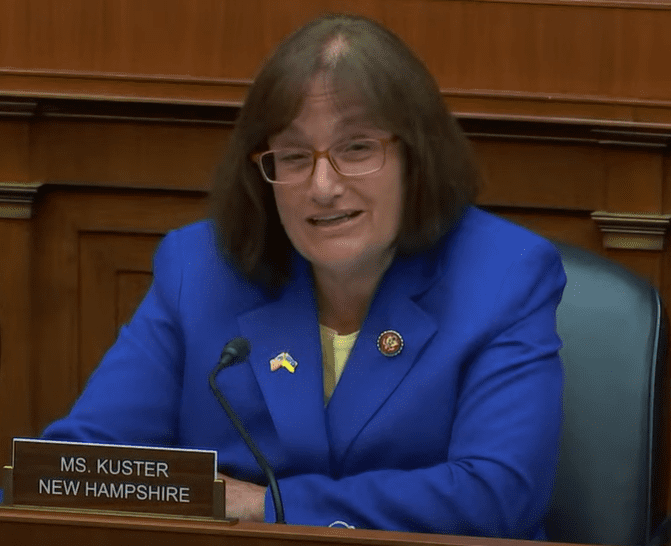
Referencing the work they’ve done, and the future of the package, Tom Kiernan said: “This group has had a lot of uncomfortable discussions. We’ve built an understanding, and we have created a holistic proposal that is knit together where we think there is a synergy in this language. A package is a package. It holds together, and if there are significant changes to it, then that balance is lost.”

